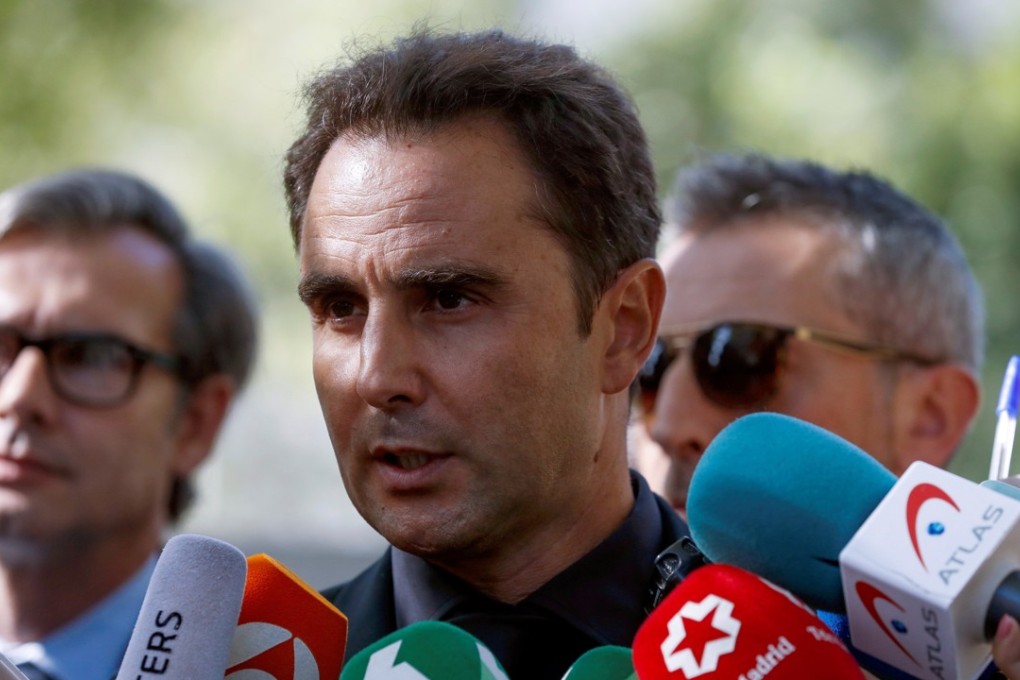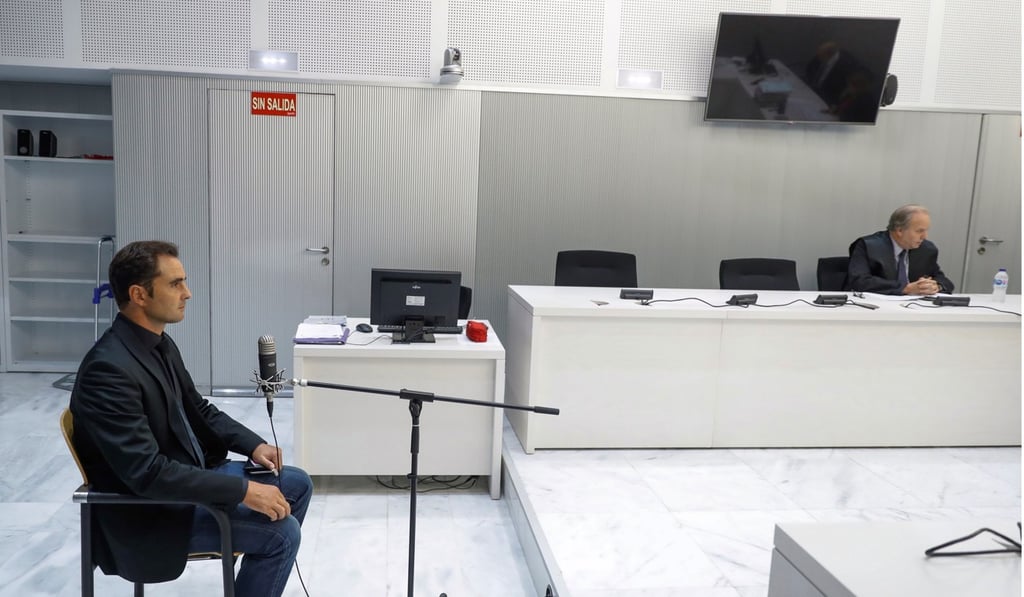HSBC whistle-blower asks Spain to deny Swiss extradition bid
Switzerland sentenced the former employee of the bank in absentia to five years in prison for obtaining data illegally

A former HSBC employee convicted of economic espionage in Switzerland asked a Spanish court on Tuesday to reject his extradition, arguing that his massive data leak from the bank’s Geneva subsidiary led to dozens of judicial tax evasion probes worldwide.
Herve Falciani, a French computer expert and former employee of HSBC Private Bank (Suisse) SA, appeared before judges at Spain’s National Court to avoid being extradited to Switzerland to serve a five-year prison sentence for breaching the banking secrecy laws there.
In 2008, Falciani disclosed more than 100,000 records on accounts worth US$100 billion belonging to prominent clients of the Geneva-based bank. The former HSBC employee said data he shared with French and other authorities led to probes in 28 countries, including cases investigated by the National Court in Spain.

The same court is now set to decide in the coming days on the whistle-blower’s extradition.
His lawyers and the state prosecutor told judges that Falciani should not be sent to Switzerland because an earlier extradition request was already rejected in 2013 on grounds that violating banking secrecy was not a crime in Spain.
Tried by Switzerland in absentia, Falciani was found guilty in 2015 of obtaining data illegally and of breaching bank secrecy laws. His five-year prison sentence was made final two years ago.